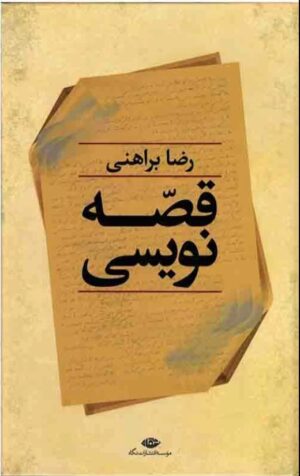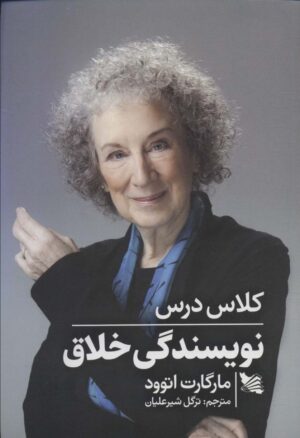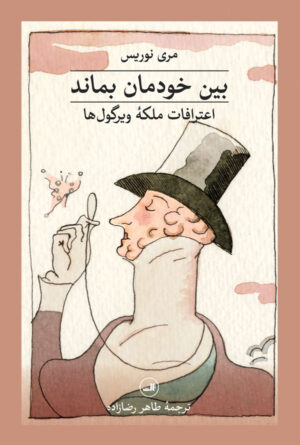Key Themes and Topics:
- The Nature of Literature:
- Miller examines what constitutes literature, distinguishing it from other forms of writing.
- He discusses the unique characteristics of literary texts, such as their use of language, form, and narrative.
- The Function of Literature:
- Exploration of the various roles literature plays in society, including its capacity to entertain, educate, and provoke thought.
- Miller highlights literature’s power to evoke emotions, challenge perceptions, and foster empathy.
- Literature and Reality:
- Analysis of the relationship between literature and the real world.
- Miller considers how literary works reflect, distort, or transform reality, and the implications of this for readers’ understanding of their own lives.
- Interpretation and Criticism:
- Discussion of different approaches to interpreting literary texts, including structuralism, deconstruction, and psychoanalysis.
- Miller emphasizes the importance of critical reading and the multiplicity of meanings that literature can generate.
- Literature and Ethics:
- Examination of the ethical dimensions of literature, including how it addresses moral questions and influences readers’ values.
- Miller considers the responsibility of writers and readers in engaging with literature ethically.
- The Future of Literature:
- Reflection on the changing landscape of literature in the digital age.
- Miller discusses the potential future developments in literary forms and the impact of technology on literary production and consumption.
Sample Highlights:
- The Definition of Literature:
- Miller defines literature not just as written texts but as any form of artistic expression that uses language in creative and imaginative ways.
- He emphasizes the aesthetic qualities of literature and its capacity to create new worlds and perspectives.
- Literature as a Mirror and a Lamp:
- Drawing on the metaphor of literature as both a mirror reflecting society and a lamp illuminating new ideas, Miller explores how literature can serve both functions simultaneously.
- He provides examples from classic and contemporary works to illustrate this dual role.
- The Act of Reading:
- Miller delves into the process of reading, considering it an active engagement between the reader and the text.
- He discusses how readers bring their own experiences and interpretations to their reading, making each literary encounter unique.
- The Role of the Critic:
- Miller reflects on the role of the literary critic in uncovering deeper meanings and facilitating a deeper appreciation of literature.
- He discusses various critical methodologies and their applications to different texts.
- Literature and Social Change:
- Exploration of how literature can be a catalyst for social change, by raising awareness of social issues and inspiring action.
- Miller cites examples of literary works that have had a significant impact on social movements and public consciousness.
Significance:
“On Literature” serves as both an introduction to literary theory and a deeper examination of the role of literature in society. J. Hillis Miller’s insights provide valuable perspectives for students, scholars, and general readers interested in understanding the complexities of literary texts and their broader cultural implications.
Reception:
The book is well-regarded for its clarity and depth, making complex theoretical concepts accessible to a wide audience. Readers appreciate Miller’s ability to blend rigorous analysis with a genuine passion for literature, making “On Literature” an engaging and informative read.
Conclusion:
J. Hillis Miller’s “On Literature” is a profound exploration of the enduring power and significance of literature. It encourages readers to think critically about the texts they engage with and to appreciate the multifaceted nature of literary works. Whether you are a student, a scholar, or a passionate reader, this book offers valuable insights into the rich and diverse world of literature.








Reviews
There are no reviews yet.